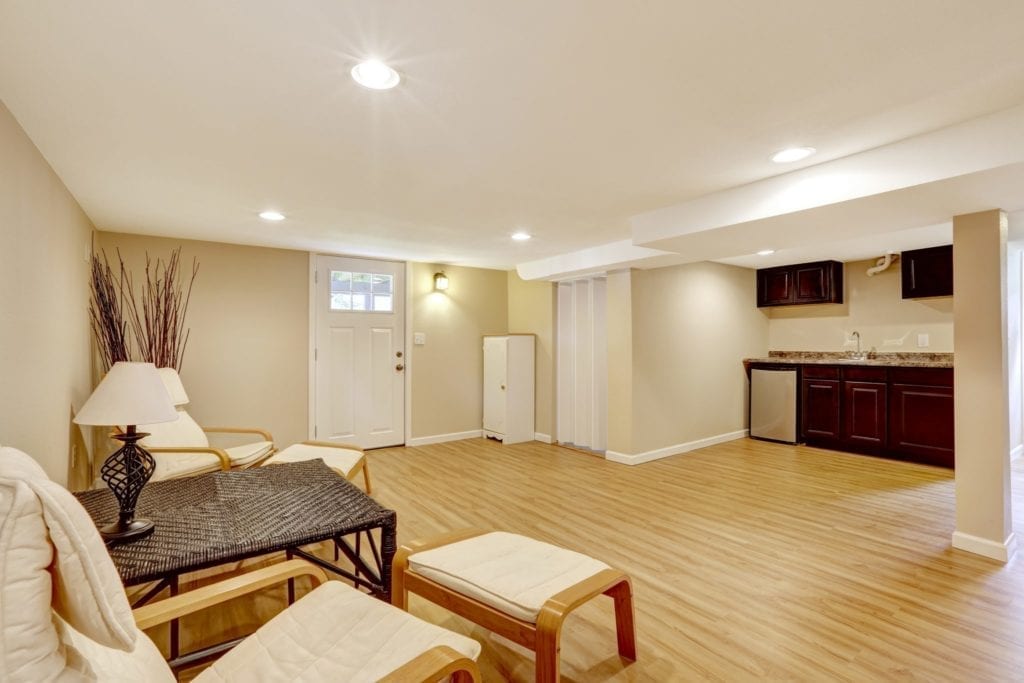
Income Properties in Ontario: Building Steady Streams of Revenue
Income properties in Ontario have long offered a reliable path to monthly cash flow and long-term equity. But in today’s market, rising costs and shifting rent trends mean investors need to think strategically. Whether you’re a downsizer holding onto your former home or planning your first rental purchase in Niagara, this article breaks down what matters now.
Rental Trends Across Ontario
Not All Markets Are Moving in the Same Direction
Rents are stabilizing or declining in some parts of Ontario, while continuing to rise in others.
- Scarborough: 2-bedroom condo rents dropped about 15 percent year over year
- Niagara Falls: 1-bedroom rents are up 10.2 percent, 2-bedroom rents are up 8.7 percent (Blue Anchor PM)
- CMHC reports a national 1.5 percent decline in average rents year over year (CMHC Rental Report)
If you’ve been relying on aggressive rent growth to justify purchase prices, it’s time to reassess.
Landlord Costs Are Up
Key Expenses in 2025
- Insurance premiums are climbing in many Ontario markets
- Utilities and property taxes have steadily increased
- Maintenance costs are up, especially in older duplexes and rental conversions
- Interest rates have stabilized but remain higher than pandemic lows
Always build in vacancy reserves and a realistic buffer for repairs and tenant turnover.
Rent Control Rules Still Apply
Rent control in Ontario continues to affect cash flow, depending on the age of the unit.
- Units first occupied before November 15, 2018 are subject to the 2.5 percent rent increase cap for 2025
- Newer units remain exempt between tenancies and can be priced at market rates
Learn more at Ontario.ca Rent Rules.
If you’re investing in a newly built unit or legal secondary suite, you may have more flexibility.
Vacation and Seasonal Rentals
Short-term rentals can outperform traditional leases in areas with high tourism and year-round demand. Some of the top-performing regions include parts of the Niagara Region, Prince Edward County, and Haliburton.
Here’s what top amenities are earning:| Amenity | Average Weekly Rent |
|---|---|
| High-speed internet | $1,700 |
| Hot tub | $1,700 |
| Pet-friendly | $1,700 |
| Premium waterfront cottage | $8,000+ |
Check local municipal bylaws for licensing requirements. Niagara-on-the-Lake, Blue Mountain, and other towns have short-term rental restrictions.
How to Budget in 2025
Smart investors in Ontario are no longer banking on appreciation alone. Cash flow must work from day one.
Key numbers to include in your analysis:
- 20 to 25 percent of gross rent for operating costs
- 5 to 8 percent for vacancy and turnover reserves
- 2 to 3 percent rent growth annually
- Maintenance, insurance, and legal fees up front
If you’re downsizing, renting out your current GTA home could cover a large portion of your new home’s expenses in Niagara.
Property Strategies Based on Buyer Type
Downsizers
Keeping your former family home as a rental may offset the cost of your next move. We’ve worked with several GTA sellers who now generate $2,500 to $3,000 per month in rental income from legal basement units.
First-Time Investors
Start with a legal two-unit property in a city like St. Catharines or Hamilton. Look for strong tenant demand and low vacancy.
Relocating Buyers
Many GTA buyers relocating to Niagara are choosing homes with in-law suites or accessory apartments. The extra income can reduce mortgage stress and help build equity faster.
Final Thoughts and Local Advice
The income property market has changed. But if you’re focused on cash flow, not speculation, opportunity still exists. From long-term leases to licensed short-term rentals, Ontario offers several ways to generate income from real estate.
We can help you:
- Run cash flow analysis
- Review rent control implications
- Compare Niagara vs. GTA investment properties
- Connect with trusted legal and renovation contacts
- Identify zoning and licensing risks
Book your free investor consultation
Browse Niagara rental income listings
FAQs: Ontario Income Properties
Is rent control still in place in Ontario?
Yes. It applies to units first occupied before November 15, 2018. Newer units are exempt between tenants.
Are short-term rentals profitable in Ontario in 2025?
Yes, especially in tourist-driven areas with amenities like high-speed internet and hot tubs. Compliance with local bylaws is important.
What’s the best place to buy an income property in Ontario?
Investors are focusing on Niagara Falls, Hamilton, and St. Catharines due to affordability and strong rental demand.
What are the biggest risks for landlords right now?
Rising insurance costs, softening rents in urban centres, and stricter local regulations for short-term rentals.


